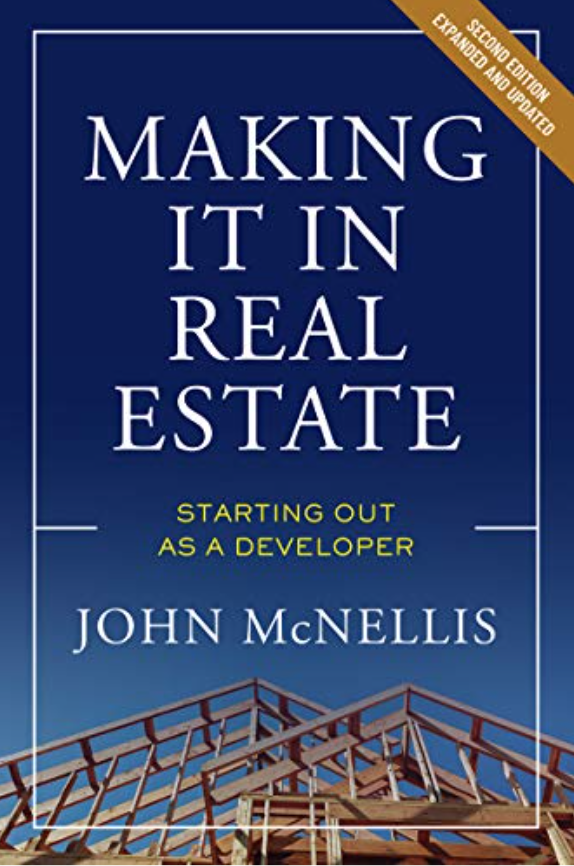Making it in Real Estate Part Two: Doing it on the Side
Are we in the wrong business?
On the “Best Jobs in America” lists, a career in real estate rates lower than carjacking. In fact, commercial real estate doesn’t rate at all on these ubiquitous lists. The closest we come is “real estate agent,” a distant #89 on US News & World Report’s Top 100 Jobs list, lapped by such swell careers as “substance abuse counselor” (#36), “bill collector” (#57) and “exterminator” (#61).
And at $80,000 a year, “real estate brokers” earn #159 among the Top 300 Paying Jobs published by Myplan.com. That list’s top 20 paying jobs, by the way, are all physicians, starting with anesthesiologists at $233,000 and ending with general practitioners at $181,000.
Should we be applying to med school or is it possible this data doesn’t tell the whole story? Misreading data is a common failing—“Son, you got 4 F’s and a D, what’s that tell you,” the father asks. “That I’m spending too much time on one subject, Daddy?” To deduce that one should elect a career in exterminating rather than real estate courtesy of US News is likely such a mistake.
What best-jobs data will never reveal is one of real estate’s greatest strengths, that is, that one can amass a considerable fortune by doing it on the side. What other part-time work or avocation is so lucrative? You could probably work part-time as an exterminator or perhaps even as an anesthesiologist, but as long as you are working by the hour—as long as you’re working and your capital isn’t—you will be stuck in the economic middle class.
If you love your day job, but are unhappy with its compensation—the dilemma posed in Part One of this series—you don’t have to quit; you just need to start a new hobby: Give up fantasy football and while away your free-time on a dilapidated house. And if you take the long view—you should, real estate is the classic get-rich-slow business—you will do well.
My late father-in-law was a very bright man who came home from World War II devastated by his experiences as a combat medic in the South Pacific. As with so many veterans, Bill found solace in the bottle and by the time he was in his mid-thirties he was an alcoholic—drinking a six-pack of beer and a bottle of vodka every day. Yet Bill somehow found the fortitude to quit drinking and start life over at 45. With no savings, no formal education beyond high school and no marketable skills other than a talent for sales, Bill slowly amassed a small collection of Bay Area real estate—a couple houses, a few promissory notes, a duplex or two and a 5 unit building—worth several million at the time of his death forty years later. More importantly, his real estate allowed him to retire in his late sixties with a secure income of $150,000 a year.
How did he do it? One little building at a time. Bill made his living by day, but his fortune by night, buying a property every year or two, fixing it up, sometimes selling it, sometimes keeping it. His properties were never pretty, they probably lost money at first or at best broke even, but twenty-five years later when it was time to retire, he had paid off their mortgages and his cash flow was as free and clear as a Sierra stream.
And it’s really that simple.
If you love your job or find the prospect of going out on your own—of working without a net—overwhelming, and yet you still want a future independent of a corporate pension, buy a neglected house in a quiet town and get started. If you can cobble together enough of a down payment—perhaps with family and friends money (the topic of a future installment)—so that you at least break even after paying your expenses, you’re set. Even if your rents never increase a cent, you will eventually pay off the mortgage and all that cash flow will be yours. If you can pull this off a few times, you can retire as comfortably as my father-in-law did.
Our next installment of “Making it in Real Estate” is Part Three: “Small Ball.”


